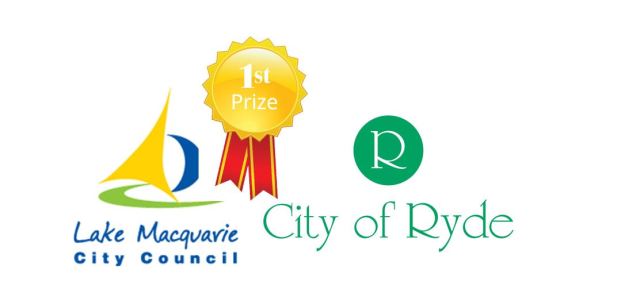The council was highly commended in the state’s 2009 Australian Safer Community Awards for its rural property addressing project.
Seven organisations and individuals were commended at the awards.
The SA State Emergency Service (SES) won a State Award for its community education and awareness program, Floodsafe.
The joint initiative, led by the SES in partnership with the Commonwealth Attorney-General’s Department, Bureau of Meteorology and metropolitan councils, aims to raise awareness of flood risk and prevention strategies to householders living in the Brownhill and Keswick Creek catchment areas.
SA Health also received a State Award for its ‘Wash, Wipe, Cover … Don’t Infect Another’ campaign, which aimed to deliver a simple message targeted at slowing the transmission of a potential pandemic.
The Australian Safer Community Awards are designed to recognise best practice and innovation in helping safeguard the community from major emergencies.
The Minister for Emergency Services, Michael Wright, said the winning programs, including Loxton Waikerie, successfully addressed a wide range of hazards and potential risks to the community and would provide long-term benefits.
“The programs commended today represent a multitude of emergency hazards from marine safety to bushfire and flood prevention, through to pandemic influenza risk prevention and ensuring members of our rural communities can be found in an emergency situation,” Wright said.
“It is programs such as these that ensure we educate our community about the possible risks they face so they are able to make informed decisions to protect themselves.
Comment below to have your say on this story.
If you have a news story or tip-off, get in touch at editorial@governmentnews.com.au.
Sign up to the Government News newsletter
Most read
Scathing report finds little has changed at PwC
Qld council welcomes progress on massive battery system
‘Local’ procurement turns out not to be so local, committee hears
Another report finds local government falling down on cyber security
MoG changes see regions, investment return to NSW Premier’s Department

